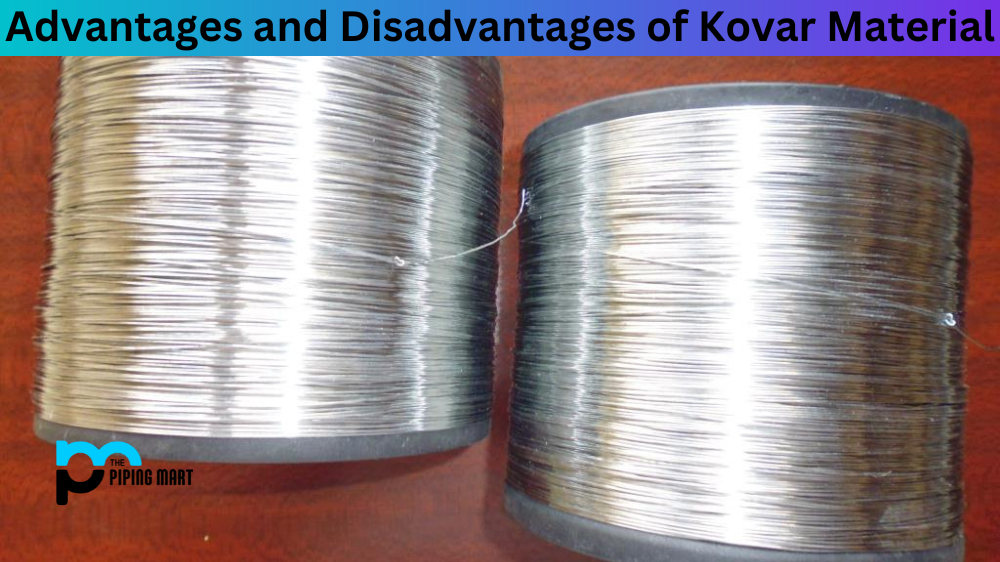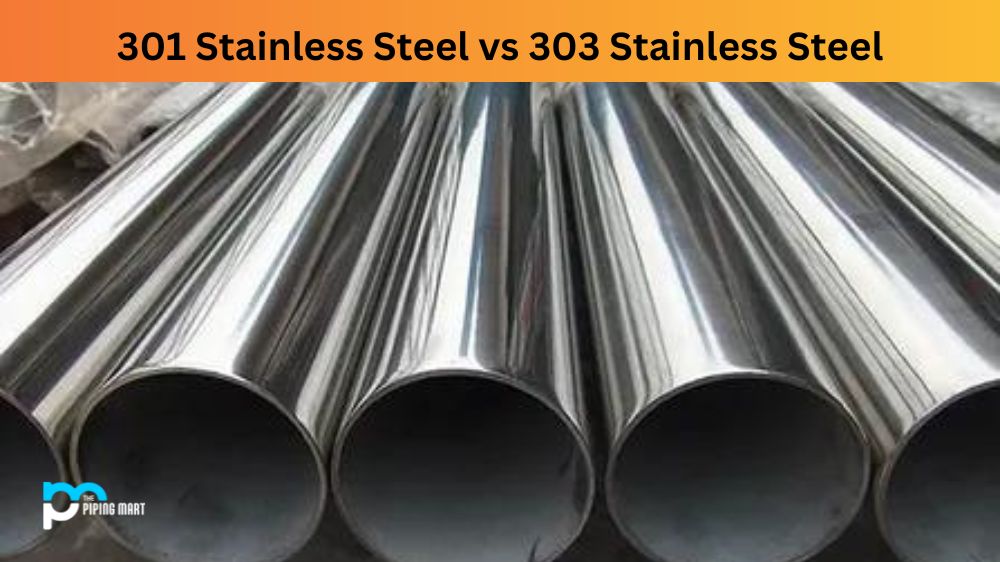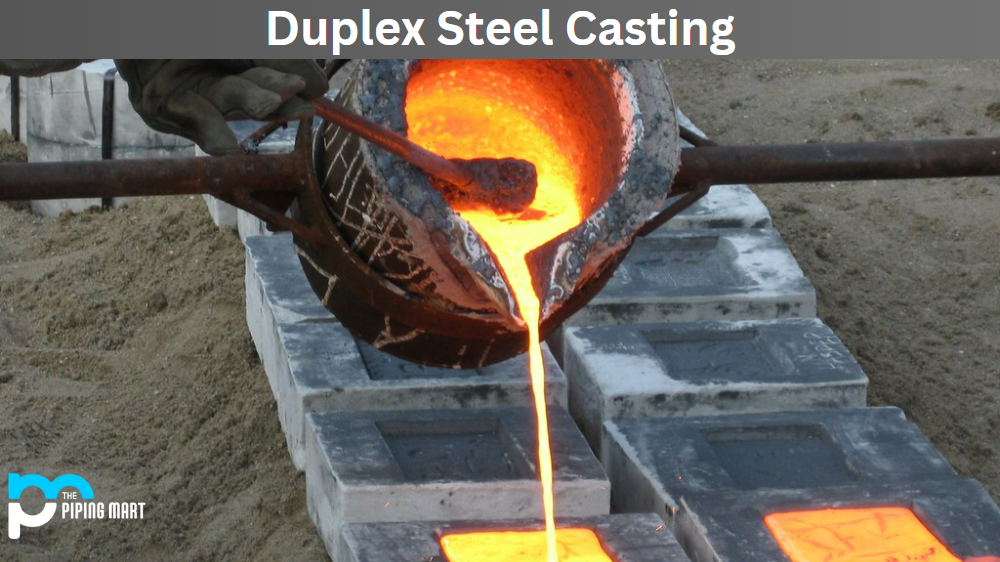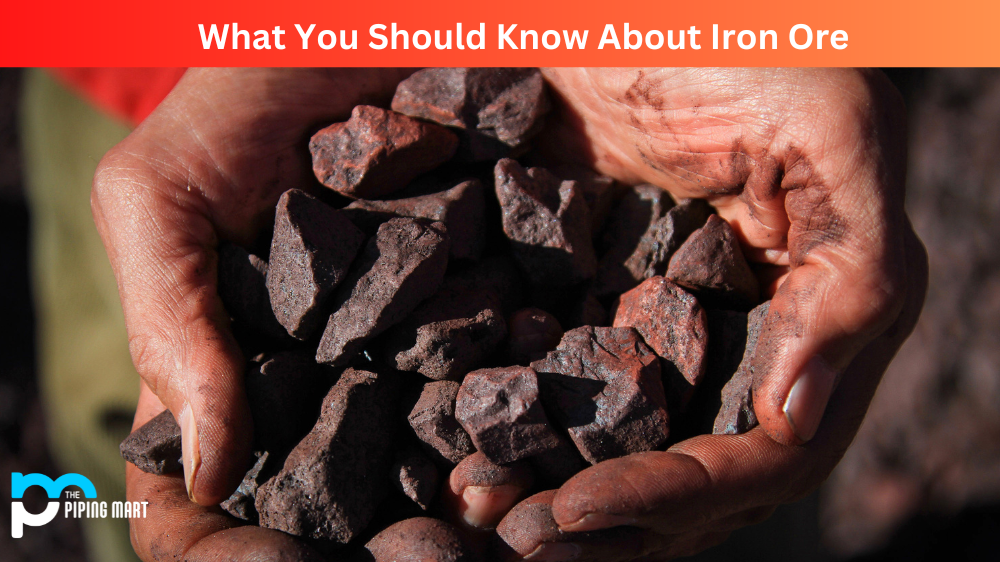Kovar is a nickel-iron-cobalt alloy that exhibits excellent temperature stability and a low coefficient of thermal expansion (CTE). The alloy is primarily used in electronics to produce glass-to-metal seals, feed-throughs, and electrical contacts. Kovar has earned a reputation as a reliable and versatile material, but like every other material, it has advantages and disadvantages. In this blog post, we will discuss the pros and cons of Kovar material and its various applications.
Advantages of Kovar Metal
High Thermal Stability
Kovar has excellent thermal stability and a low coefficient of thermal expansion (CTE). This makes it ideal for use in applications where temperature changes occur frequently. Kovar can withstand temperature fluctuations without breaking, cracking or warping, making it a valuable material for producing electronic components.
High Strength
Kovar material has high tensile and yield strength, making it ideal for high-pressure or high-stress applications. It can withstand harsh environments without deformation or damage, making it a perfect material for aircraft and aerospace applications.
Durable
Kovar is a highly durable material, capable of withstanding harsh environmental conditions like corrosion and oxidation. It can also resist chemicals and solvents, making it suitable for harsh industrial applications.
Versatile
Kovar can be easily machined to create complex shapes and forms. This versatility makes it the preferred material for many applications in the electrical and electronics industries.
Disadvantages of Kovar Metal
High Cost
Kovar material is relatively expensive, making it less attractive for mass-production applications. Using this material may increase the cost of production, which could be a significant drawback for companies looking to minimize production costs.
Limited Availability
The availability of Kovar material is limited, and finding a reliable supplier can be challenging. This scarcity can make securing a consistent supply of Kovar for production processes challenging.
Brittle
Kovar material is brittle than other metals and can crack or fracture when subjected to sudden stresses or shocks. This can be a disadvantage in applications where the material needs to withstand high vibration or impact.
Complex Manufacturing Process
Kovar material is difficult to work with and requires special equipment and expertise to produce high-quality parts. This complexity can increase manufacturing costs as specialized labour is required to work with the material.
Conclusion:
Kovar is a unique nickel-iron-cobalt alloy that has proven to be a reliable and versatile material for many applications, including electrical and electronic components, glass-to-metal seals, and feed-throughs. Kovar has advantages and disadvantages, and it’s essential to consider them before selecting it for a particular application. While the material is durable, strong, and thermally stable, it is expensive and has a limited supply. The complexity of the manufacturing process and its brittleness are other factors that need to be considered when selecting Kovar material. Understanding the benefits and drawbacks of Kovar material is crucial to making informed decisions about its use. It can be an excellent choice for many applications with the right considerations.

A passionate metal industry expert and blogger. With over 5 years of experience in the field, Palak brings a wealth of knowledge and insight to her writing. Whether discussing the latest trends in the metal industry or sharing tips, she is dedicated to helping others succeed in the metal industry.




